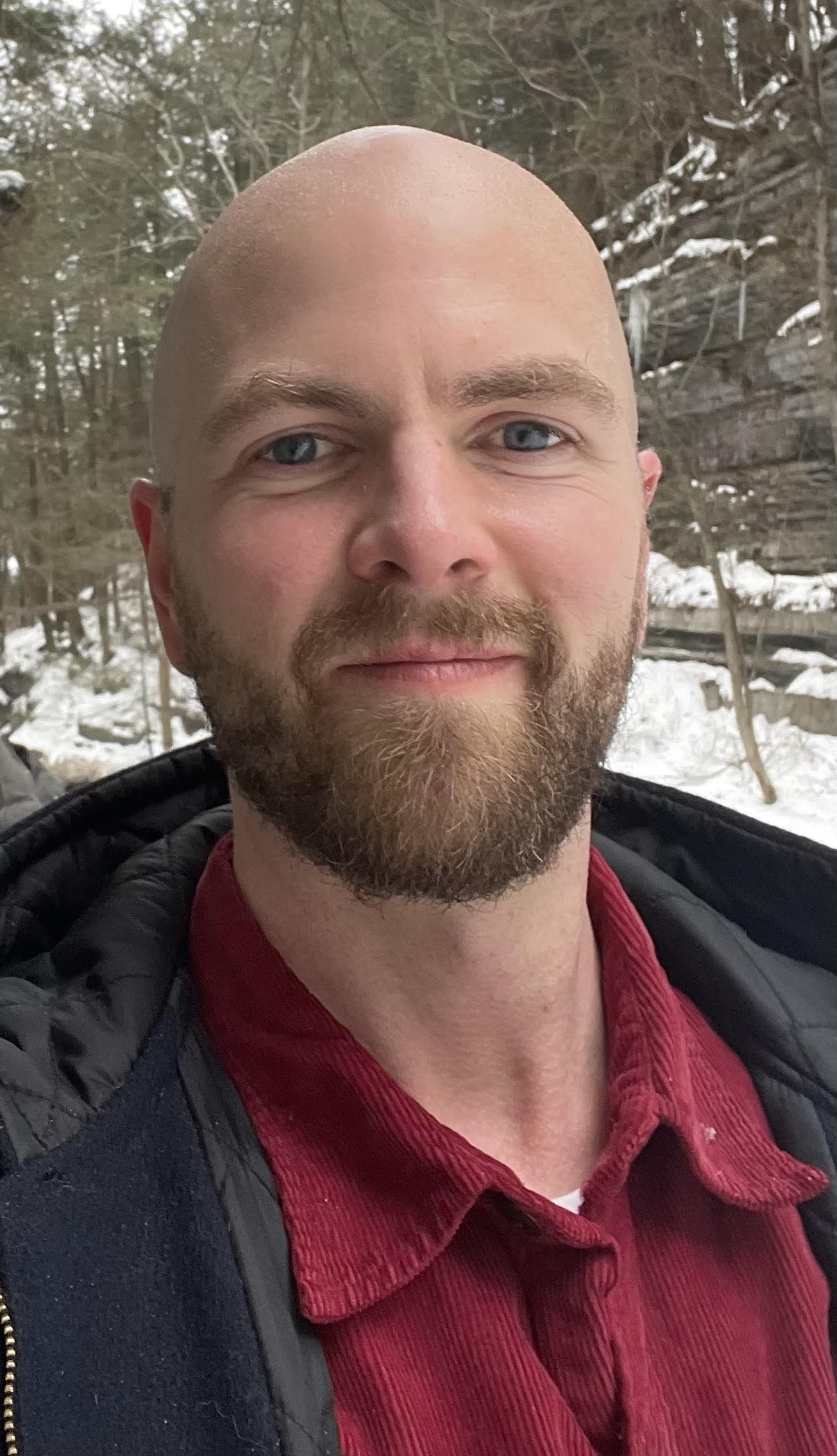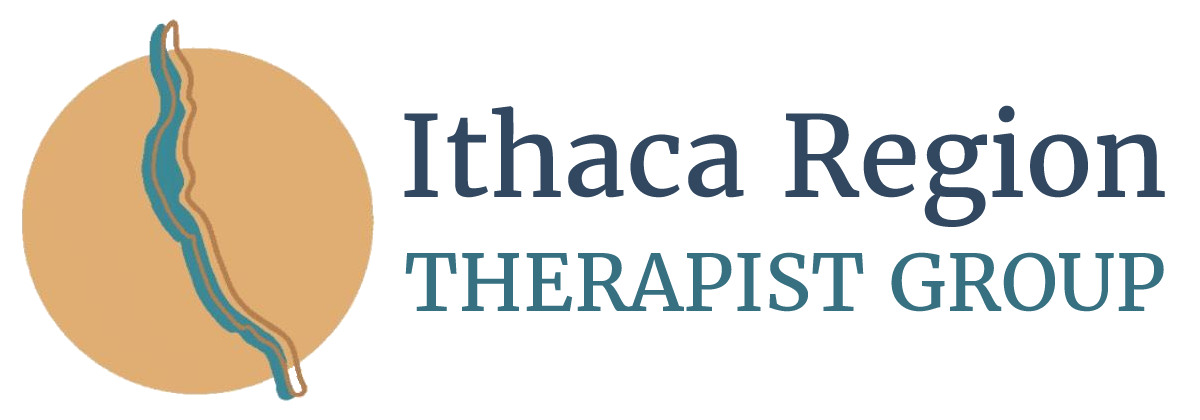Spotlight
Spotlight: Michael Troy, LCSW

What advice would you give to someone considering therapy for the first time but feeling nervous or unsure?
I would probably tell them something about how anxiety is a natural response to moving toward the murky edges of life. I might also affirm the drive in them that is considering doing something new even though it could be unsettling, and self-disclose how I have felt anxious before embarking on a big journey toward myself, too. I would want them to feel empowered to take therapy at their own pace, and to be patient about finding someone to sit across from who they feel comfortable with and connected to.
How do you help clients build resilience and develop coping skills?
For me, one of the most interesting parts of being a therapist is not knowing what is going to work, or bring relief. The most therapeutic encounters feel like a co-created process of discovery, and together we figure out what helps and what doesn’t. In that spirit, I don’t tend to push certain skills, but one exception to that is cultivating “affective receptive capacity,” or the ability to take in others’ positive regard for us. When I see clients resisting “taking it in,” from me or from someone else in their life, I try to slow down, and find the right-size spoonful for them to digest. I believe this capacity is a life-giving internal resource, and one that the world too often does not entrain well. Additionally, I start every session with a brief Focusing-oriented meditation, where people connect with their senses, including their felt sense, and ultimately arrive at a place to drop into their work. I think building this relationship with the felt sense super charges the work and builds a capacity to meet life more clearly outside of sessions.
What are some of your personal beliefs about the human capacity for change and growth?
This has been on my mind a lot over the last couple of years and my thoughts are very much in process. As a self-identified neurospicy therapist, I think about how our neurology is wired in specific and unique ways, and many of these characteristics do not respond well or at all to top-down change efforts.
At the same time, I believe that experiences in life often leave us with profound unresolved waves of affect, which can get contorted and distorted into our defenses, anxiety, or other sorts of psychopathology, and that within an attuned, “affect-facilitating environment” (Diana Fosha), people can process through those suspended waves of emotion, and come home to their true Self, experiencing deep, lasting relief from acute or chronic emotional and/or relational pain. Part of why I love AEDP is because it happens in a “bottom-up” way, and therefore we are generally not trying to enforce change that doesn’t naturally want to happen.
I have also studied Internal Family Systems, and believe in the notion of ourselves as a multiplicity. I believe developing a relationship with our parts, understanding how they became fragmented and stressed in various ways, how they try to operate in our life on our behalf, and learning what they need from us in order to feel safer and more like their natural selves, is inherently transformational.
How do you stay aware of and sensitive to diverse cultural backgrounds?
Engaging in an ongoing reflection process in community with others has been an important part of cultivating this sensitivity. The notion of cultural humility feels central to how I try to create space for others around their identity. It has become clearer to me with time that everyone experiences their cultural identity in a unique way that benefits from being articulated and understood in the presence of a true other who is curious and connected. Casual social encounters often rush over this and people get reduced to rubble, and therapy is a huge opportunity to slow down with it all, and be more sensitive and receptive to one’s own personal lived experience. I feel gratitude for my social work education, which grounded me in systems theory, and an awareness of the structural dynamics that are always conditioning the environments we are in, and to invite those conversations into therapy.
Resources
https://www.youtube.com/@proactivemindfulness/videos
This is a YouTube channel that doesn’t get a lot of views, but I think the person running the channel offers an incredible wealth of knowledge and cool interviews with interesting people around the experience of embodied healing.
https://www.apa.org/pubs/books/undoing-aloneness-transformation-suffering-flourishingThis is a recent and wonderful collection of teachings about AEDP.
https://focusing.org/Learning about Gendlin’s “Focusing” technique and the “felt sense” created so many clicks of realization for me. I share this in case you have not heard of this practice.

